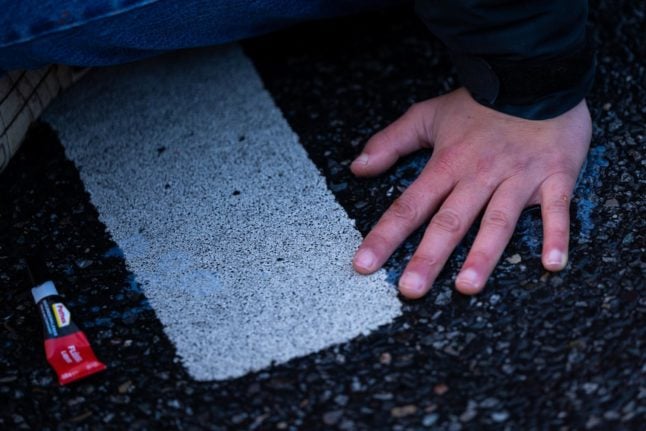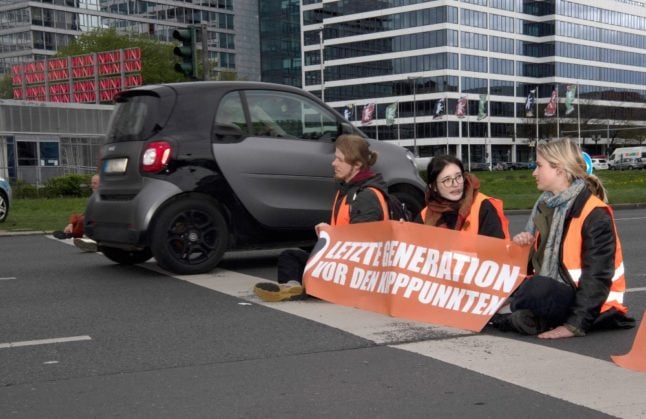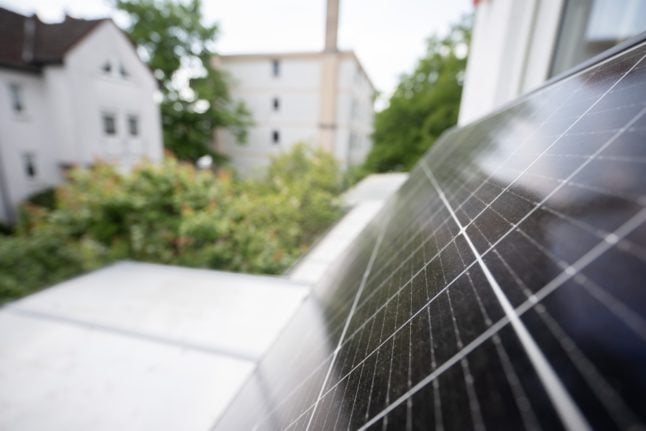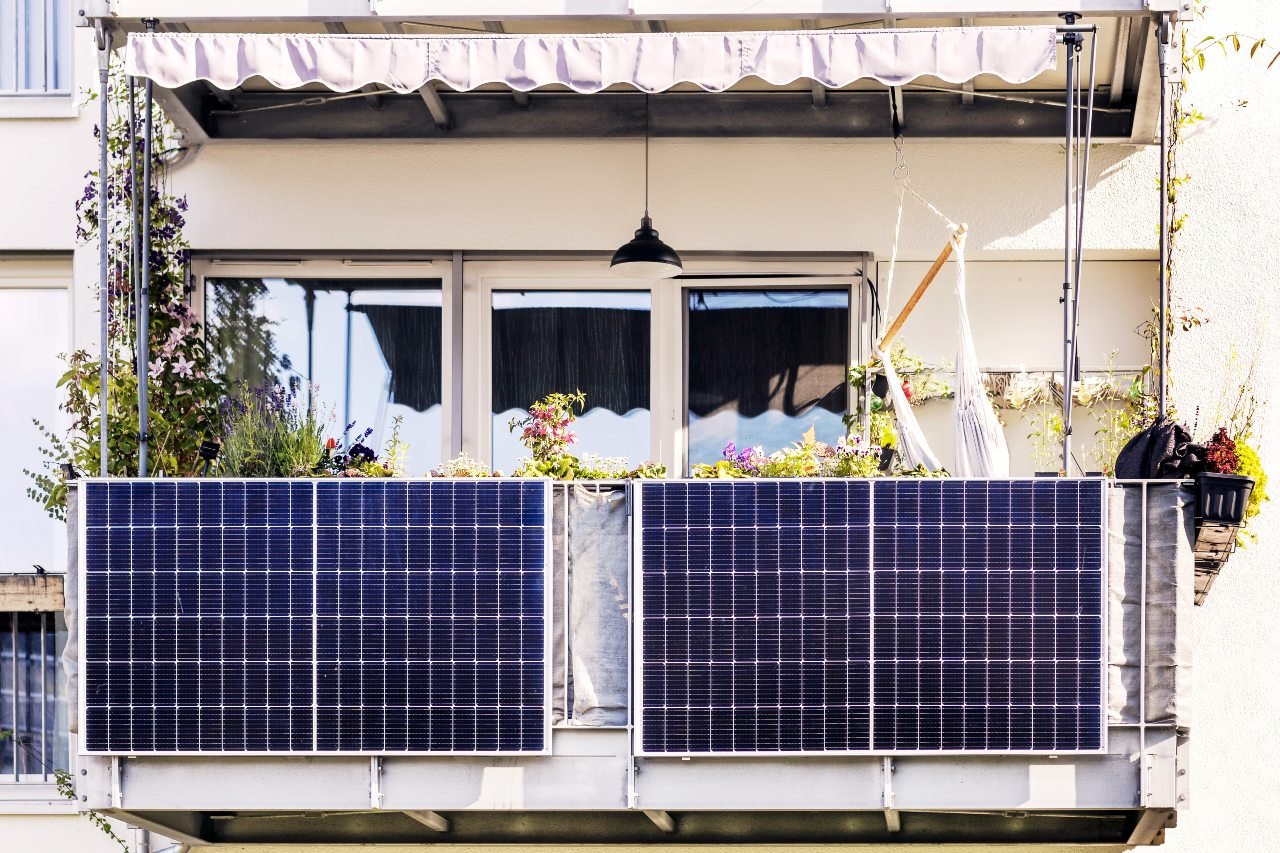The raids were ordered in an investigation targeting seven people aged 22 to 38 over suspicions of “forming or supporting a criminal organisation”, said a joint statement by Bavaria’s police and prosecutors.
Fifteen properties were searched, two accounts seized and an asset freeze ordered.
The suspects are accused of “organising a donations campaign to finance further criminal acts” for the group via its website.
At least €1.4 million had been collected in the campaign, said the authorities, adding that “these funds were according to current information mostly used for the committing of further criminal action of the association”.
The authorities did not specify the “criminal action” they were referring to but said two of the suspects are alleged to have tried to sabotage an oil pipeline between Trieste, Italy, and Ingolstadt, Germany, deemed a “critical infrastructure” in Bavaria.
Dozens of climate activists from the group have found themselves before the courts in recent weeks over their traffic blockade actions.
READ ALSO: Munich airport forced to close runway due to climate protests

Most have received fines for disrupting traffic or obstructing police work but some courts have begun toughening their sentences to also hand down jail convictions.
Chancellor Olaf Scholz and his coalition have also expressed frustration at the activists for their tactics ranging from hunger strikes to throwing mashed potato on paintings in museums.
Scholz this week blasted Letzte Generation’s protests as “completely nuts” and Vice Chancellor Robert Habeck of the Greens has also frowned upon the activists’ protests.
The street blockades were “not a helpful contribution to climate protection,” Habeck had said, because they don’t win consensus but they “irritate people”.
Scenes of angry motorists shouting at the glued activists or dragging them off the streets have accompanied many of the street blockades.
The activists argue however that their protests are vital in the face of inadequate action taken by the government and society in general to protect the environment and prevent catastrophic global warming.
“We, who are alive today, are the last who can still hinder the irreversible collapse of the climate,” the group said.
Besides Letzte Generation, Germany has seen a host of other climate activist groups carrying out eye-catching protests in the last years.
Another group, Scientist Rebellion, hurled cake at Volkswagen bosses at the German carmaker’s annual shareholders’ meeting earlier this month.
Outside the meeting, protests also gathered to put pressure on Europe’s biggest car maker to slash its carbon footprint.
READ ALSO: Last Generation climate activists plan to bring Berlin to a ‘standstill’




 Please whitelist us to continue reading.
Please whitelist us to continue reading.
Member comments